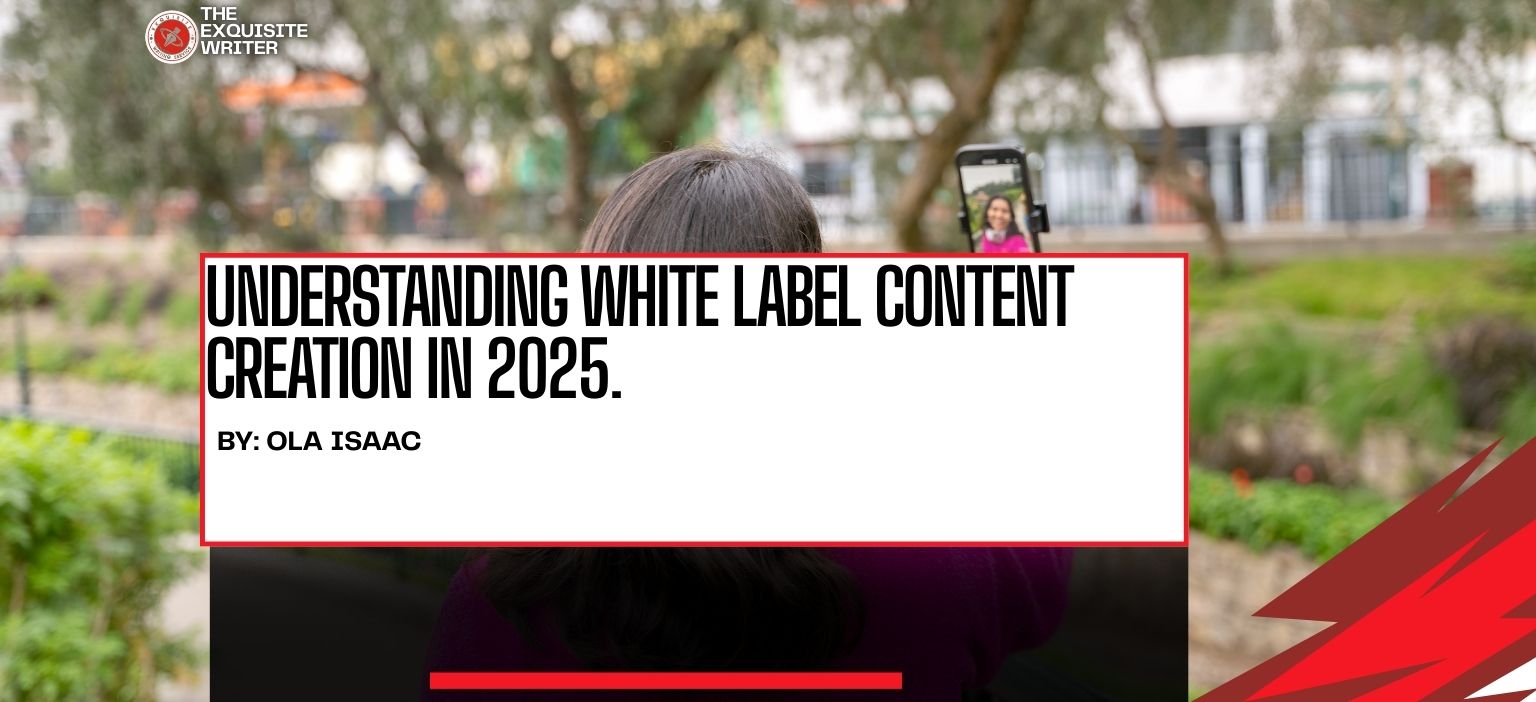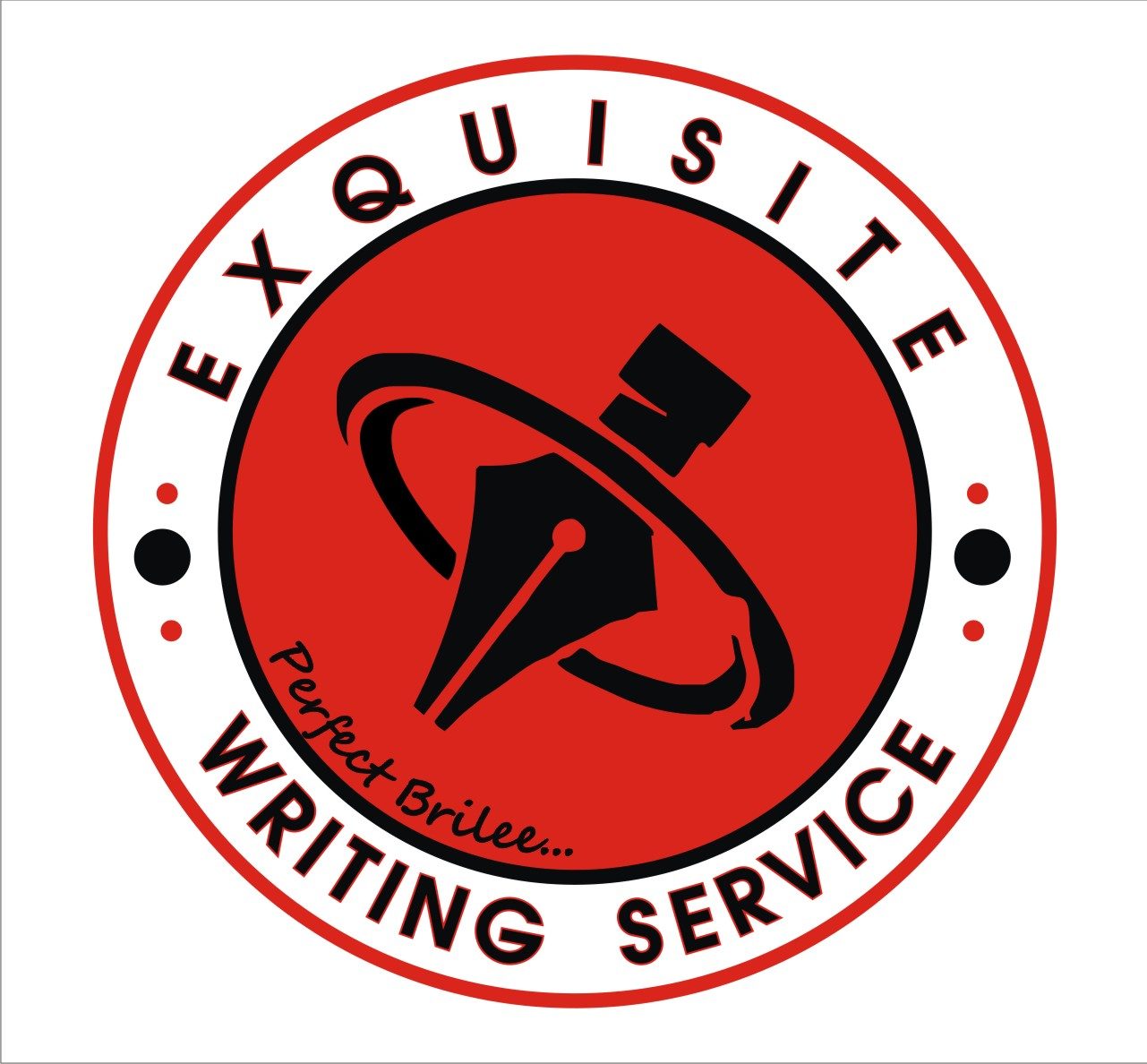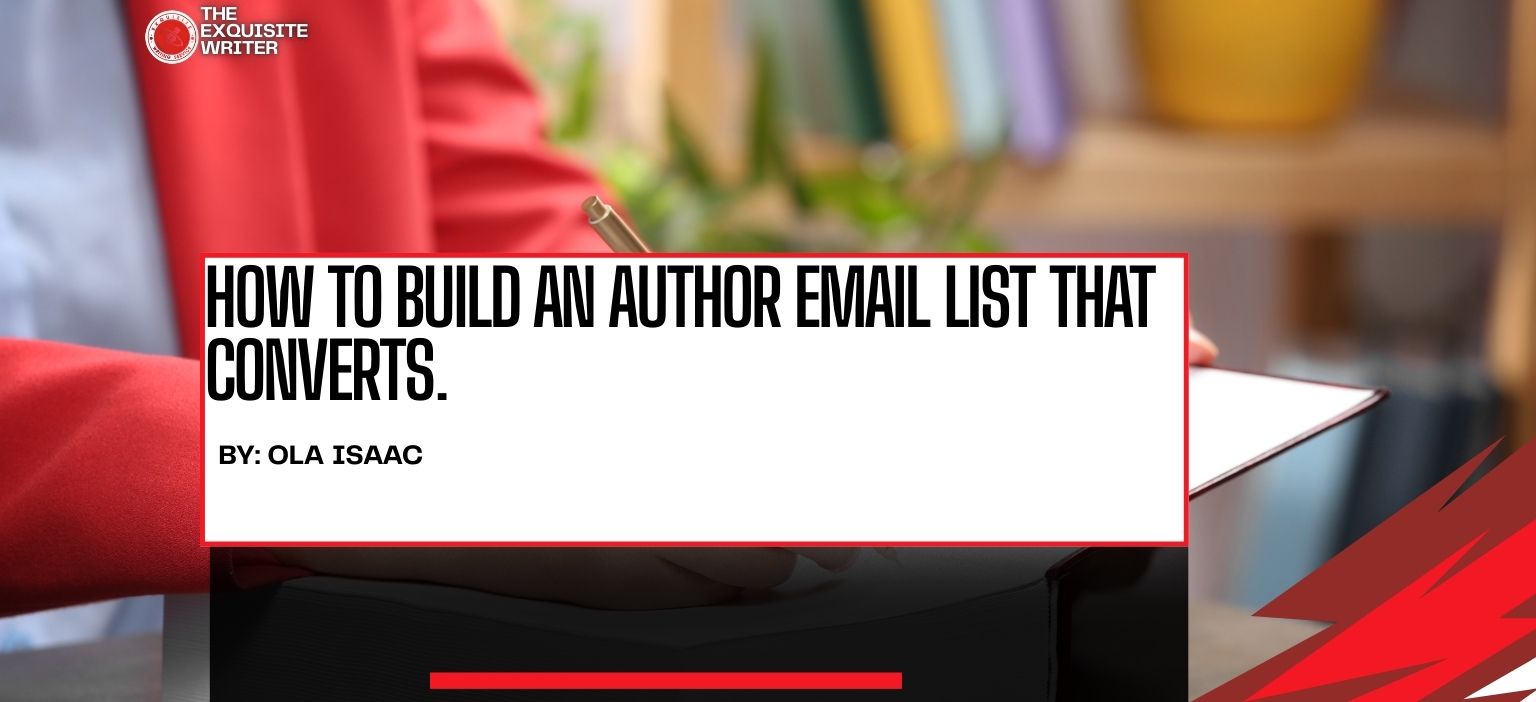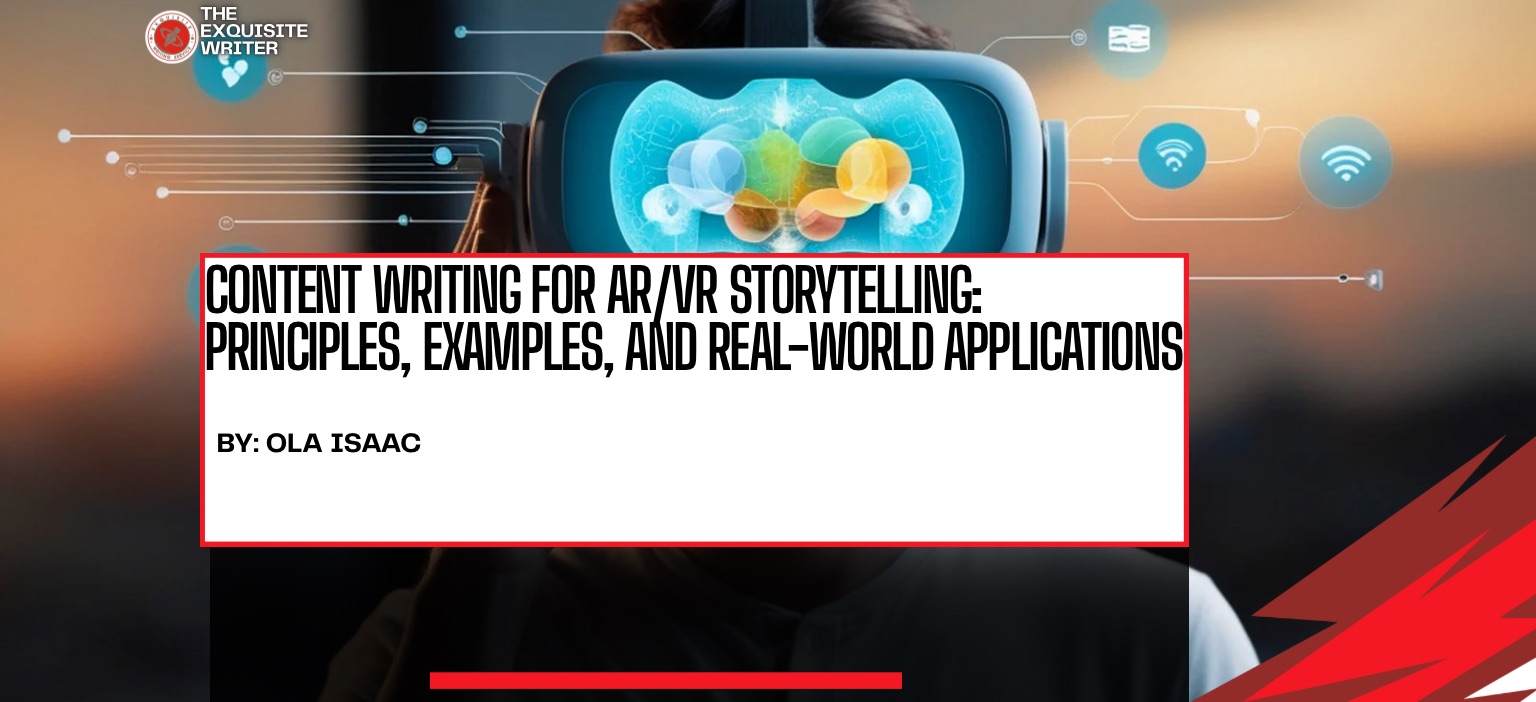
Understanding White Label Content Creation in 2025
Ever wondered what white label content creation is?
White label content creation simply means outsourcing content production to a third-party provider who allows you to rebrand the work as your own.
Whether you are a digital marketer or an agency, this fast moving world requires a powerful solution that will help to grow faster, build authority without, and deliver more, without burning out their teams.
According to industry insights from Semrush, many agencies scale more efficiently by outsourcing content to specialized providers who can maintain quality at volume.
This article is a detailed guide to walk you through this aspect of content creation!

Understanding White Label Content Creation
White label content creation is when a third-party provider produces visual, written, or video content that your agency can rebrand and deliver to clients as yours.
In simple terms: You handle the client strategy, relationship, and branding, while an expert team handles the content creation behind the scenes.
This model allows SEO, marketing, and web design agencies to offer full-scale content services without hiring a large in-house team.
Many agencies use this model to scale because it provides expert-level output without requiring large internal teams, something I’ve also seen firsthand while working with client projects.
What Types of Content Can Be White Labeled?
A key advantage of white label content creation is its flexibility.
The best providers offer a vast array of content formats designed to meet your clients’ numerous marketing goals—from driving traffic to nurturing leads and strengthening brand authority.
Below are some of the most common types of content that can be white labeled:
1. Blog Posts and SEO Articles
These are the foundation of most online marketing strategies. White label blog posts are fully optimized for search engines and written to match a client’s brand voice.
Whether it’s thought leadership, industry news, or keyword-targeted content, white label writers can deliver pieces that attract traffic and establish authority.
2. Website Copywriting and Landing Pages
High-performing websites rely on persuasive, user-friendly copy.
White label copywriters can create engaging homepage text, service descriptions, and call-to-action–focused landing pages that convert visitors into customers—all customized under your agency’s brand.
3. Email Newsletters
Email remains one of the most effective channels for customer retention.
With white label email content, you can send regular, branded newsletters, product updates, or promotional messages that keep your clients’ audiences engaged—without having to write each one in-house.
4. Social Media Content (Captions, Posts, and Visuals)
Managing multiple social platforms for several clients can be time-consuming.
White label social media content services offer done-for-you captions, visuals, and hashtags optimized for engagement.
This ensures your clients maintain a consistent presence on platforms like LinkedIn, Instagram, and X (Twitter) while your agency pays attention to strategy.
5. Ebooks and Downloadable Guides
Long-form assets like whitepapers, ebooks, and guides are excellent for lead generation and authority building.
White label providers can handle the writing, research, and even design, delivering professional materials that position your clients as experts in their field.
6. Video Scripts and Product Descriptions
As video and eCommerce keep growing, many brands need compelling scripts and product copy.
White label teams can craft attention-grabbing video scripts for social ads or YouTube, as well as SEO-friendly product descriptions that boost online visibility and sales.
By partnering with a reliable white label content creation agency, you can instantly expand your service offerings without hiring new staff or learning new tools.
Whether your clients need weekly blog posts, daily social updates, or polished website copy, white label content gives your agency the flexibility and capacity to deliver at scale and under your own brand.
Related: Hiring a Top Content Writing Agency: 5 Questions Worth Asking
How to Choose a White Label Content Creation Partner
Selecting the right white label content creation partner is one of the most crucial decisions your agency will make.
The partner you choose will represent your brand reputation, quality, and reliability, often without your clients ever knowing they exist.
While there are countless content vendors on the market, not all deliver consistent quality, strategic alignment, or the professionalism required to scale your agency successfully.
Choosing wisely can transform your workflow and client satisfaction. However, when you choose poorly, it can lead to missed deadlines, low-quality work, and brand damage.
Here’s what to look for in a trusted partner:
1. Proven SEO Experience
In today’s content-driven digital space, writing well isn’t enough, the content must rank and convert.
A strong white label SEO content partner understands keyword intent, search algorithms, and user experience.
Ask about their process for:
- Conducting keyword research and content gap analysis.
- Structuring articles with on-page SEO best practices (meta descriptions, titles, headers, internal links).
- Measuring performance through analytics and traffic reports.
A partner who has experience driving real results, such as increased organic traffic, improved rankings, or higher lead conversion rates, will bring more value to your agency.
They should be able to share case studies, sample reports, or data-driven examples that demonstrate their expertise.
Ultimately, your agency’s credibility depends on results.
The more your partner knows about SEO strategy, the stronger your client outcomes will be.
2. Custom Branding Options
White labeling is all about seamless integration.
Your clients should never be able to tell that a third-party designer, writer, or strategist was involved in the content creation process.
Choose a provider that allows complete customization, from the tone, formatting, and visual elements to branded templates and client-specific guidelines.
This flexibility ensures that every deliverable looks and feels like it came directly from your agency.
A great white label partner will also take the time to learn your brand voice, style preferences, and client personas.
They’ll adapt to your systems and tools, whether you use project management software like Trello, Asana, or ClickUp, or content platforms like WordPress or Notion.
This level of alignment transforms them from a vendor into a true creative extension of your agency.
3. Transparent Communication
Smooth communication is the backbone of any successful white label partnership.
When multiple projects are in motion, you need a provider who keeps you informed every step of the way.
Look for transparency in:
- Pricing: Clear, upfront costs with no hidden fees.
- Timelines: Defined delivery schedules that align with your client deadlines.
- Revisions: Open policies that encourage collaboration and refinement.
A professional partner will assign a dedicated project manager or account representative to handle your projects and feedback loops efficiently.
They should also offer responsive support via email, Slack, or your preferred communication channel.
Remember, a transparent partner saves you from last-minute surprises, which helps you maintain client trust and deliver projects smoothly.
Also Check: Debunking 15 Famous Writing Myths
4. Quality Assurance and Editing Standards
Quality should never be negotiable.
Your partner must have a rigorous quality assurance (QA) system to ensure originality, accuracy, and readability.
Ask about their editing process:
- Do they run all content through plagiarism detectors like Copyscape or Grammarly Premium?
- Are editors reviewing content for tone, brand alignment, and clarity?
- How do they fact-check and verify sources?
Top-tier white label agencies employ multi-layered editing, meaning a writer drafts, an editor refines, and a senior reviewer finalizes the content.
Some even perform SEO audits before delivery to confirm optimization quality.
When a provider demonstrates this level of attention to detail, you know your agency’s reputation is in good hands.
5. Scalable Capacity and Reliability
Your agency might start with a few content orders per month, but as your client list grows, you’ll need a partner who can handle increased volume without sacrificing consistency.
A strong white label provider will have a large, diverse network of editors, writers, and content strategists capable of producing high-quality work across different industries.
Whether your clients are in SaaS, finance, eCommerce, real estate, or healthcare, your provider should have specialized talent ready to step in.
Reliability also means meeting deadlines consistently.
If your clients expect weekly blog posts or monthly reports, your partner must deliver on time, every time.
This reliability allows your agency to maintain trust and scale operations smoothly.
6. Shared Values and Client-Centric Focus
The best white label partnerships go beyond transaction. They’re built on shared values, goals, and dedication to client satisfaction.
Your ideal partner should care about your clients’ success as much as you do.
They should take initiative, provide insights when needed, and proactively help your agency grow.
When your partner understands your mission and operates with integrity, they become more than a supplier, they become a strategic ally in your agency’s growth.
A client-centric partner won’t just deliver content.
They’ll deliver outcomes, helping you maintain long-term contracts, boost client referrals, and strengthen your brand’s reputation.
Before entering a long-term agreement, start with a pilot project.
Evaluate your potential partner’s communication, turnaround speed, content quality, and adherence to briefs.
This small-scale test will reveal whether they’re capable of meeting your expectations at scale.
The right partner will feel like part of your internal team, professional, reliable, and genuinely invested in your agency’s success.
Why Agencies Are Turning to White Label Content Services
The marketing landscape is evolving fast.
Clients expect fresh, consistent, and high-quality content across multiple platforms, from social media updates and long-form blog posts to video scripts and email campaigns.
Meeting these expectations in-house can overwhelm even the most capable teams.
That’s why lots of agencies are now embracing white label content creation services as a smarter, more scalable way to deliver value.
Instead of spreading their teams thin, they’re partnering with content experts who handle production while the agency focuses on growth and client success.
Here’s a closer look at why this model has become essential for modern marketing agencies:
1. Scalability Without Extra Hiring
As your client base grows, so does the demand for content.
Hiring new staff every time you land a big client can slow your momentum and inflate operational costs.
With white label content services, agencies can scale production instantly, taking on new projects without onboarding, recruiting, or training additional team members.
Whether you need ten blog posts or a full content marketing campaign, a white label partner adjusts to your deadlines and workload with ease.
This flexibility allows your agency to grow confidently, knowing that production capacity will never limit your potential.
2. Cost Efficiency and Higher Profit Margins
Building an in-house content team can be costly.
Salaries, benefits, software subscriptions, and project management all add up quickly.
By outsourcing through white label content creation, agencies get access to skilled designers, writers, and editors on demand, often at a fraction of the cost.
You pay only for the content you need, when you need it, freeing up capital for sales, marketing, and client acquisition.
This cost-effective model allows agencies maintain competitive pricing while still delivering premium results, improving both margins and client satisfaction.
3. Consistent Quality and Professional Expertise
Clients expect consistency in branding, tone, and performance.
That’s hard to achieve when juggling multiple content creators internally.
The best white label content providers employ vetted professionals with specialized skills in storytelling, SEO, brand messaging, and conversion optimization.
Their editorial processes ensure every piece meets a high standard before it reaches your clients.
This consistency strengthens your agency’s reputation, giving your clients the confidence that every deliverable, no matter the volume, reflects the same level of quality and strategy.
4. More Time for Strategy, Creativity, and Client Growth
When your team isn’t bogged down by daily content production, they can focus on higher-value work— analytics, campaign planning, creative direction, and client relationships.
White label content creation essentially acts as your agency’s silent partner, taking care of the heavy lifting behind the scenes so you can focus on what drives growth.
This not only enhances productivity but also offers your clients a better experience—they get faster turnarounds, more innovative ideas, and greater strategic attention from your agency.
5. Access to a Diverse Pool of Talent
Another underrated advantage is access to global talent. White label content agencies often work with writers, designers, and strategists across different industries and niches.
This means you can confidently serve clients from a wide range of sectors, from tech startups and eCommerce brands to real estate and Healthcare, without hiring specialized in-house experts.
Your agency instantly becomes more versatile and capable of delivering expert-level content in virtually any industry.
In short, white label content services empower agencies to scale smarter, serve more clients, and maintain quality without overextending their teams.
It’s not just outsourcing, it’s a long-term strategy for sustainable growth and competitive advantage.
Before signing any long-term agreement, test your potential provider with a small pilot project.
Evaluate their quality, responsiveness, and adherence to deadlines.
This simple step helps ensure you’re partnering with a team that aligns perfectly with your agency’s goals.
Next: SEO Blog Writing Services to Scale Up Your Business
Final Thoughts
If you run a marketing or SEO agency, white label content creation could be the most strategic move you make this year!
It helps you deliver expert-level content, maintain consistent output, and scale your business—all under your brand.
In a competitive digital world, the agencies that win are those that work smarter, not harder.
And with white label content creation, that’s exactly what you do!



